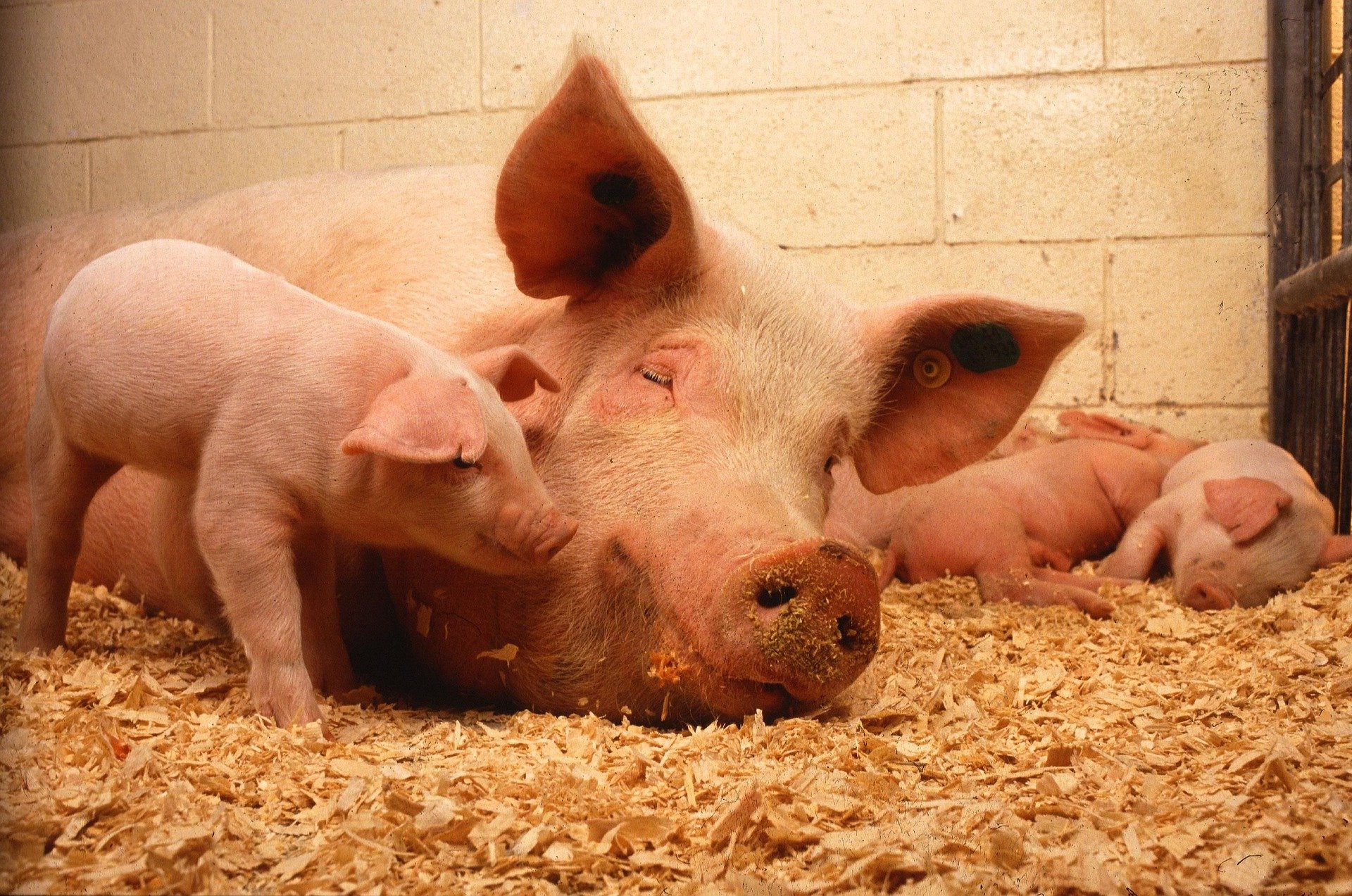
Propaganda is meant to be deceptive. Get the truth about the EATS Act in our Myths vs. Facts
-
FACT: Baby pigs aren’t even in these housing arrangements. This claim isn’t even narrowly true, because gestation crates are only used while pigs are pregnant. In other words, there are no piglets that could, in theory, be crushed. Prior to giving birth and through the three weeks of nursing their young, producers move mother pigs inside farrowing crates. NO STATE LAW BANS FARROWING CRATES.
-
FACT: The Supreme Court does not issue legislative recommendations to Congress. The Court's role is to interpret the law and the Constitution, rather than direct legislative actions. This absurd claim goes against the principle of separation of powers enshrined in the United States Constitution.
As evidenced below, SCOTUS did not break from tradition in this case, either. In upholding the constitutionality of California’s Prop 12 the Supreme Court Justices merely noted that Congress has the legal authority to pass a law eliminating states’ abilities to pass such a law. The Supreme Court has never called on Congress to pass a specific kind of legislation, and did not in this case, either. In upholding California’s Prop 12, the Court wrote:
“The Constitution vests Congress with the power to “regulate Commerce . . . among the several States.” Art. I, §8, cl. 3. Although Congress may seek to exercise this power to regulate the interstate trade of pork, and many pork producers have urged Congress to do so, Congress has yet to adopt any statute that might displace Proposition 12 or laws regulating pork production in other States.”
In affirming the constitutionality of states and their citizens passing laws like Prop 12, the Court wrote:
“Some out-of-state producers who choose to comply with Proposition 12 may incur new costs, while the law serves moral and health interests of some magnitude for in-state residents. In a functioning democracy, those sorts of policy choices—balancing competing, incommensurable goods—belong to the people and their elected representatives.”
-
FACT: Since the Founding Era, states have regulated local food sales within their borders in ways that differ from neighboring states, and no “trade wars” have ever resulted from this. Examples include Virginia passing a law on pork standards in 1791, Maryland passing a similar law on both pork and beef standards in 1793, and Rhode Island enacted comprehensive standards for meat sold in the state in 1798. More recently, California and Massachusetts have egg laws in place–California starting in 2010 and Massachusetts in 2022–and not only were there no “trade wars,” egg producers supported these laws.
The claim that the Prop 12 standard California enacted would cause a trade war requires an explanation as to why none of the other thousands of other state-specific agricultural standards have started trade wars. This is alarmist rhetoric without a basis in reality as states have had state-specific sales standards laws in place since the days of George Washington.
-
FACT: Pork producers can sell wherever they wish, and if they don’t want to sell to California, they don’t have to. Farmers have always had to follow state laws when selling their products. It’s not a hardship for any that choose to not sell to California, as California represents only 13% of U.S. pork sales. Aside from California being a small fraction of overall pork sales in the country, it’s even a smaller fraction when one considers how producers sell across the globe. As well, major producers from Tyson to Seaboard to Hormel to Clemens Food Group to Niman Ranch all publicly state they already have Prop 12-compliant pork available.

